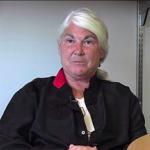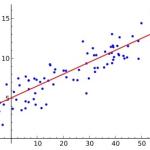When I saw that Dr.
correlation versus causation
It is oft-repeated that correlation does not imply causation. But it does. That's precisely why epidemiologists and economists are so fascinated by correlations.
Isn't it odd that Florida has so many people living with Alzheimer's Disease? If Erin Brockovich was investigating the case, she probably would conclude that it's something in the water.
ALS is a terrible disease with no cure.
There are many ailments that a physician can easily diagnose and
How many times in the last week have you seen headlines such as





